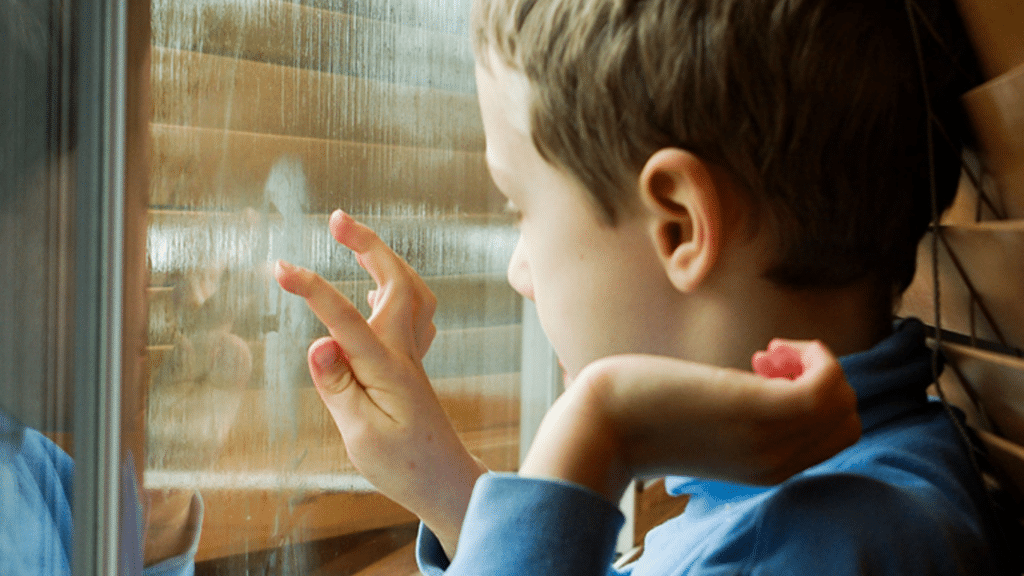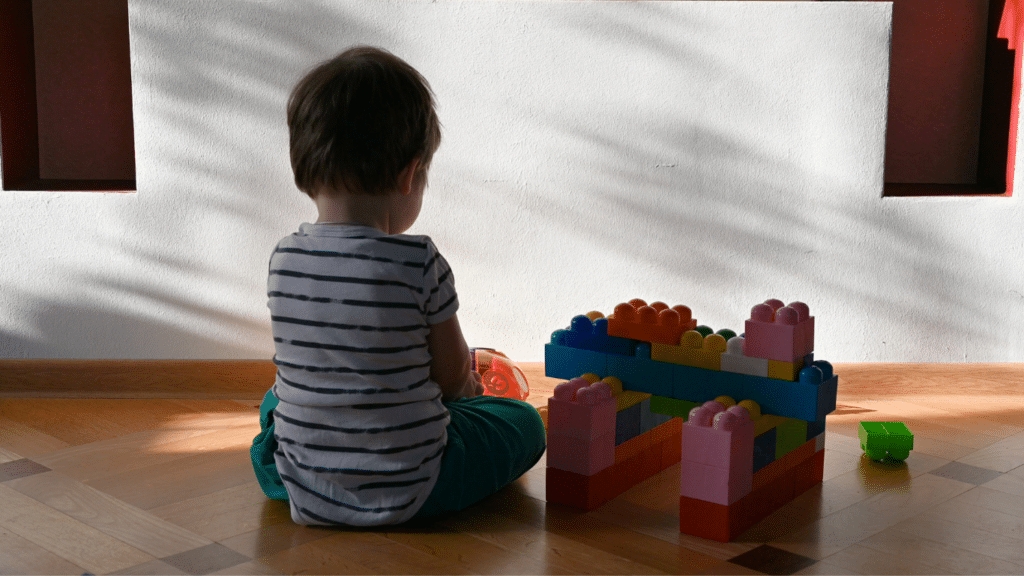This video highlights the importance of sensory sensitivities in children and youth with Fetal Alcohol Spectrum Disorder (FASD).

In forty years of research on FASD, a lot has been learned about the direct effect on a baby’s developing brain of alcohol in utero. There is a growing body of knowledge about the types of interventions and supports required across the life span and in a variety of settings to promote success. What is often overlooked is the effect of a child’s sensory sensitivities which can compound other more obvious challenges. While most of us can unconsciously screen out the slight smell of a cleaning product or the faint hum of a computer, many people with FASD cannot.
Watch this video for examples of factors in the home environment that may trigger children and youth with FASD, along with indicators of sensory sensitivity reactions. You’ll also learn some strategies to reduce the impact of these reactions on the child or youth.
| Please note: This video was recorded several years ago with our former branding (the Belonging Network used to be the Adoptive Families Association of BC). |
Presenter: David Gerry, BSc Biology & Psychology, began his intensive “home study” applied learning in the field of Fetal Alcohol Spectrum Disorder (FASD) as a direct result of becoming a foster parent to two children with FASD. In 2000, he co-founded a charity called The FASD Community Circle to develop programs & services for those with FASD.




